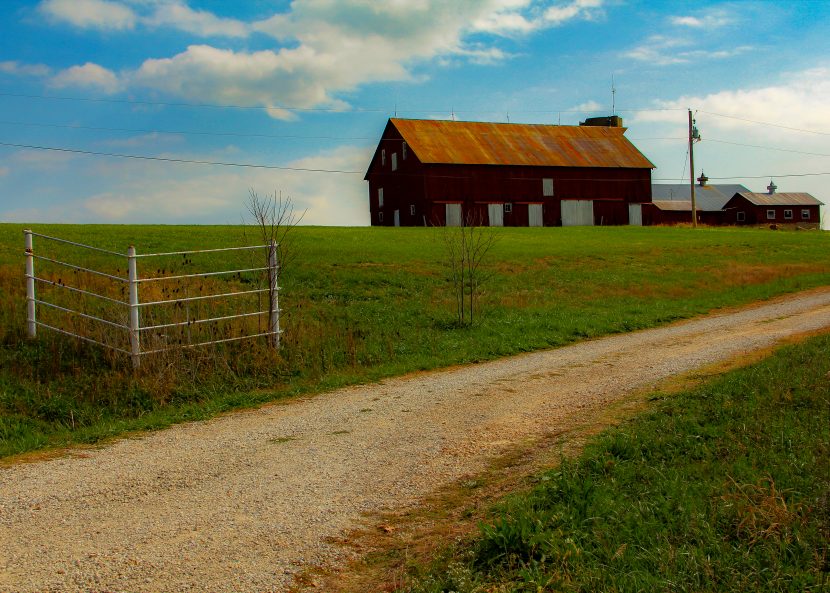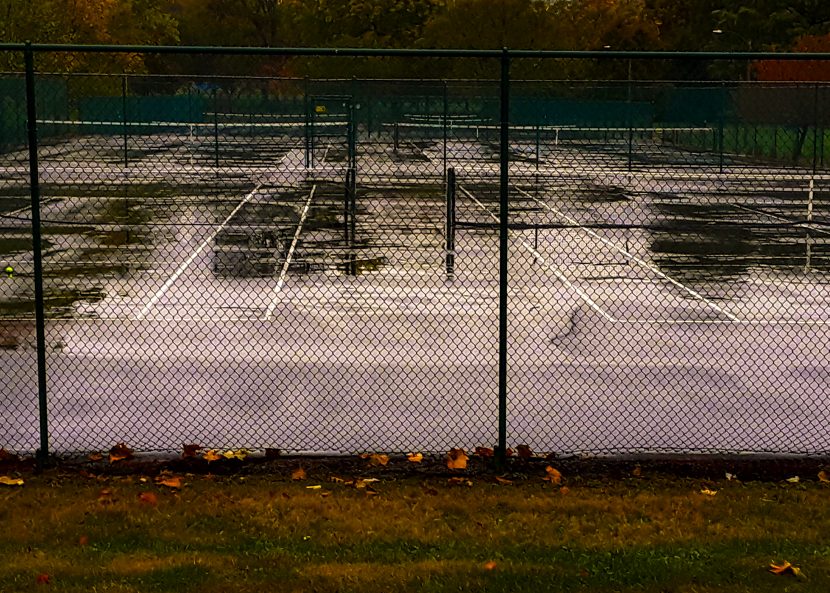The image of Trump that says all one needs to know about him came during the so-called Million MAGA March, when his SUV drove through the crowds that had assembled in D.C. on his behalf. We see him pressed against the window, hand raised, grinning, and scooting on by to their cheers. He did not stop. They came for him but he did not stop. He knew they were coming, so something could have been prepared for him to at least give a short speech. But he did not stop. He hurried through, grinning at them. Where was he going that he could not stop to give something back to his supporters?
He was going to golf.
Jokes have been made about a lot of presidents and their golf, but in this case it long ago ceased to be funny. He may or may not have spent more time on the golf course than any other president, but his personal jaunts have cost the taxpayer more than any other.
And the fact that this makes no difference to his supporters speaks to the more cultish aspects surrounding him.
Disclaimer: I have never found anything appealing or even mildly amusing about Donald Trump. He struck me as a fraud back in the Seventies and his string of mismanaged endeavors since has done nothing to convince me otherwise. The best I can figure, he’s one of those people who has financial support because he owes too much to too many and letting him go to live in a trailer park would be too costly. I tried to read his book, The Art of the Deal back when it came out and found it a kind of secular version of an occult magic text based on illusion and bad psychology. I didn’t finish it.
So when it appeared he was going to have a shot at being elected president, I, along with many others, thought, well this is the end of the Republican Party. They’ve put a shyster in the running.
A shyster who has managed to pull the same trick politically as he did financially—too much rides on him to just let him sink, too many careers, too much political capital. Not because he’s such a great politician but because he has managed to make too many people dependent on him in unhealthy and frankly undemocrtatic ways.
I have been told to look at his accomplishments. To be fair, there are a few that aren’t all that bad.
But it doesn’t matter. Consider Nixon. It can be unapologetically argued that he did quite a lot that was good for the country. The EPA for one. And one might be excused for arguing that had he been left alone, even better things might have emerged. And while that may be true, it is also true that he subverted the institutions he swore an oath to uphold, created a shadow government, bypassed Congress, and committed crimes.
Nothing excuses that.
We do not here rely on cults of personality and because we have tried to be a nation of laws it is implausible to excuse someone who did so much damage on the basis of a few “good” things he may have done.
Because for one thing those good things were not and could never be all of one person’s making.
Nixon damaged our democracy. Trump has possibly broken it.
I don’t care what he might have done that in the next several years we might find laudable. Those things could have been done by anyone and he could not have done them alone in any case. We have to ask, at what cost?
Suggestions of a sharp intellect behind the clownish veneer are frivolous. The result of four years of this administration are in the streets. Discord, distrust, confusion, and distortions of right and wrong.
We could go down a list of the campaign promises he failed to deliver on, but why bother? The Trump Cult will excuse them in any of a dozen ways.
The frightening thing is, without the COVID pandemic we might have re-elected him, because he has managed to call so much into question that we are second-guessing ourselves about who we are. But 200,000 deaths from a mishandled public health emergency are impossible to ignore. His claim that they had no playbook for this has been shown to be false. Obama’s people left a detailed playbook behind. His people were smart, they knew what might happen, and they fulfilled their civic duty by trying to prepare the country. Trump did nothing but shut down clinics that gathered data because he wanted the numbers to be different, which he stated, up front, in public.
I have been challenged to see positives in this. Sorry. Even in the broad policy strokes that in some wayu I might agree with, the management of them was so hamfisted and sophomoric that it has made things worse.
Trump has made the world a more dangerous place.
I am not exaggerating.
One might argue that pulling out of the Paris Climate Accords was questionable, but that was largely symbolic. But pulling out of the WHO was criminal.
For a long time it has been clear that the GOP has become the party of wishful thinking, of appearances, of denial. The moderates are mostly gone, the base isn’t interested in rights so much as privileges, and too many people just want the country to look a certain way and to hell with social responsibility, demographic reality, and evolution of technical change. These are people who want people in church praying to Jesus and no one else, women to stay home and be mothers, men to be straight (and white), and business to lead the way. They want America to be at the forefront of everything but refuse to fund education or support labor in any meaningful way. They think Trump exemplifies their vision of America. A draft-deferred, womanizing, tax evading, subliterate conman who knows one thing—appearances are all that matter.
This is not Trump’s problem. It is ours. We bought into that image, enough of us that he actually made it into the White House. Like George W. Bush said almost 20 years ago, “I don’t do nuance.” But the world is nothing but nuance and those who refuse to deal with that will always make a mess.
Messes are costly. We have one now. And this obdurate refusal to concede the election, even when every reliable institution says it is legitimate, is the final evidence we need to see that this mess, one of our own making, is all Trump was ever going to provide.
Enough. It is time for him to go and it is time for his supporters to sit down and shut up about it. If I may remind them of their reaction four years ago, “He lost, get over it.” And finally, “Fuck your Feelings.”
Fine legacy, that. I hope they’re proud. Oh, wait. They are.
And that’s our problem.









